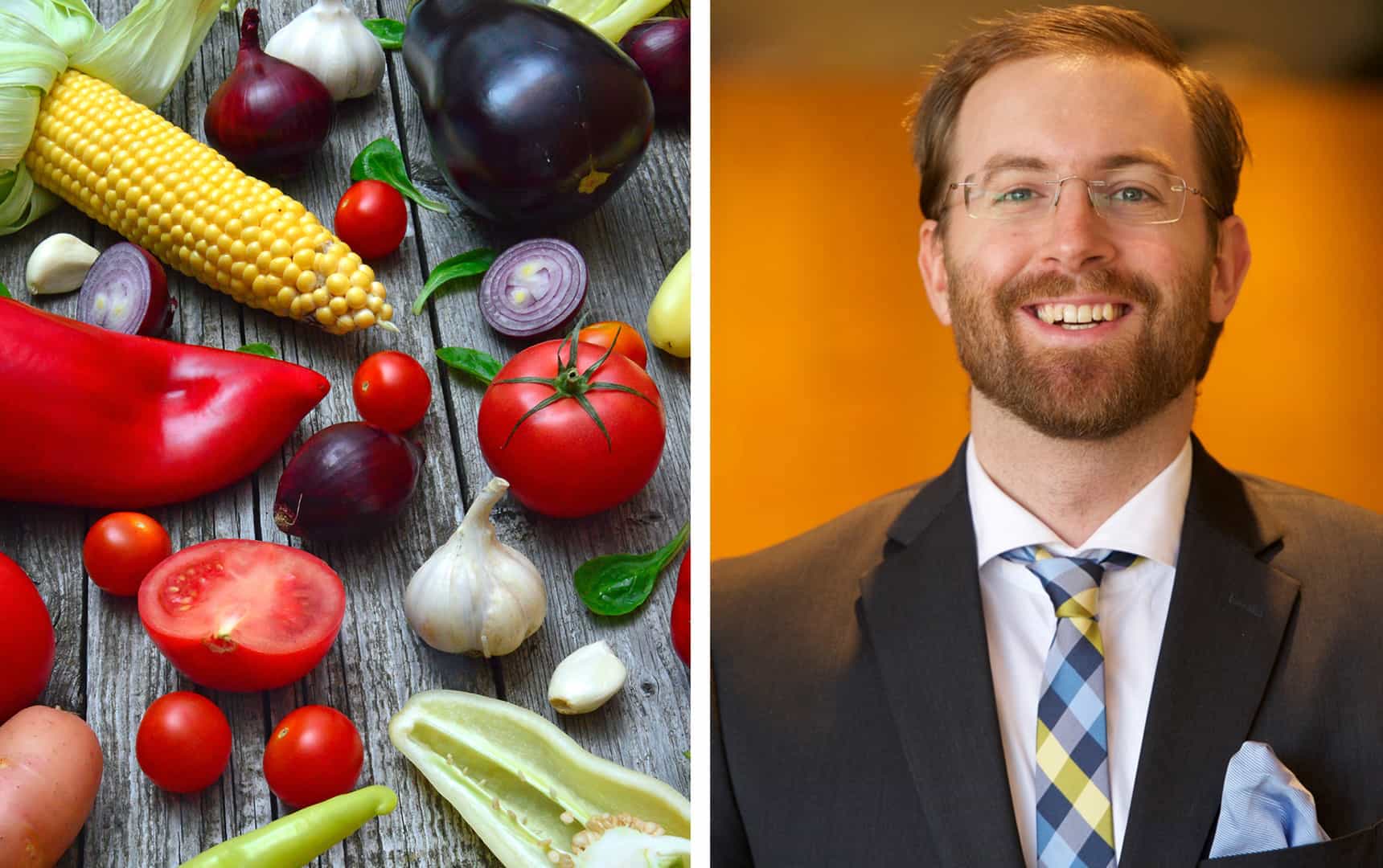
🌱 Viral outbreaks cause plant-based foods to grow at a record rate
Consumption of meat is declining in large parts of the world, while we are eating more plant-based foods. Virus outbreaks and pandemics seem to be accelerating this development, says Warp News Food Tech expert Daniel Skavén Ruben.
Share this story!
HPAI, the highly pathogenic variant of avian influenza, was first discovered in late 2019 in Poland and soon after it spread to large parts of Eastern Europe and Germany. During the second season's flu epidemic, the same virus spread but now also in a variety of subgroups H5N8, H5, N5, H5N1 and H5N3. In addition to Poland, infection was now detected in the United Kingdom, France, the Netherlands, Germany and Denmark. The researchers believe that the infection has its origins in wild birds that have come into contact with poultry in various ways.
During the winter, the first cases of seasonal bird flu H5N8 were discovered in Sweden. 4,500 turkeys needed to be killed quickly in southeastern Skåne. Shortly after New Year's Eve, the egg hatchery Blenta in Sjöbo was affected by the same virus and 18,000 chickens were slaughtered and 20 kilometers south, in Skivarp, 2,200 turkeys were killed.
In Denmark and Germany, ten times as many animals were emergency slaughtered to prevent the spread of infection, and in the Netherlands at least 200,000 chickens were killed. The virus has continued to spread across the world.
When we sum up the result, millions of animals will have been killed, which means both great suffering and great financial losses.
Tens of thousands of animals in the same facility
Despite modern technology and the use of antibiotics, we do not yet seem to be able to prevent the waves of influenza that affect birds and livestock. It is in many ways both complicated and unsustainable to keep up to tens of thousands of animals in one and the same facility and this does not only apply to birds. The Animal Disease Notification System, ADNS, reports on many different disease outbreaks, including African swine fever, which has spread to large parts of Europe.
At the same time, we are seeing an increased food awareness and that more and more people, especially in the big cities, are eating vegetarian. Are the influenza waves pushing both producers and consumers towards other, vegetarian alternatives?
"I do not think the bird flu directly drives the food industry towards alternatives, such as in that there is an immediate tectonic shift overnight. On the other hand, consumers are affected by news such as bird flu, African swine fever, pandemics and so on and are increasingly demanding alternatives to animal products. So indirectly, of course, events and news such as bird flu affect because the food industry is forced to adapt its supply to demand," says Warp News Food Tech expert Daniel Skavén Ruben.
All major companies invests
He says that virtually all major meat and food companies in the United States have invested in or developed their own plant-based alternatives. Tyson Foods, one of the world's largest food companies, invested in (and then sold) Beyond Meat . They have also invested in Memphis Meats which produces cell-based meat and has developed Raised and Rooted, which is a mixture between meat and plant-based.
"Another giant is Kelloggs which has Morningstar Farms, Maple Leaf Foods has Lightlife and Field Roast, and Nestle has Garden Gourmet. The list goes on."
In addition, all major fast food chains have either taken in Impossible Foods or Beyond Meat, or developed their own plant-based alternatives. McDonalds has, for example, launched McPlant, in collaboration with Beyond Meat, which makes plant-based burgers. More examples are Zero Egg and JUST Egg which are eggs made on plants.

Increased sales of plant-based foods
According to the IFT, Institute of Food Technologists, sales of plant-based foods increased by 90 percent in 2020, at the beginning of the pandemic, compared to the year before. A survey also shows that 42 percent of American consumers have an awareness of various protein sources. In Sweden, statistics from the Swedish Board of Agriculture show that meat consumption continues to decline.
"The market for plant-based alternatives is growing rapidly, so all large companies have realized that if they do not adapt, they will be the next Blockbuster, which was knocked out by Netflix, or Kodak, which did not make the switch to digital."
Not least, covid-19 is something that makes many people stop and think about how we produce food today. The virus outbreak had, in all probability, its origin in humans eating meat from animals that had been infected by bats.
"I think many people are thinking about how we manufacture animal food products and how the production method affects the risk of pandemics. This greatly affects consumer behavior and we are now seeing a clear shift towards more plants and less meat," concludes Daniel Skavén Ruben.
By becoming a premium supporter, you help in the creation and sharing of fact-based optimistic news all over the world.


